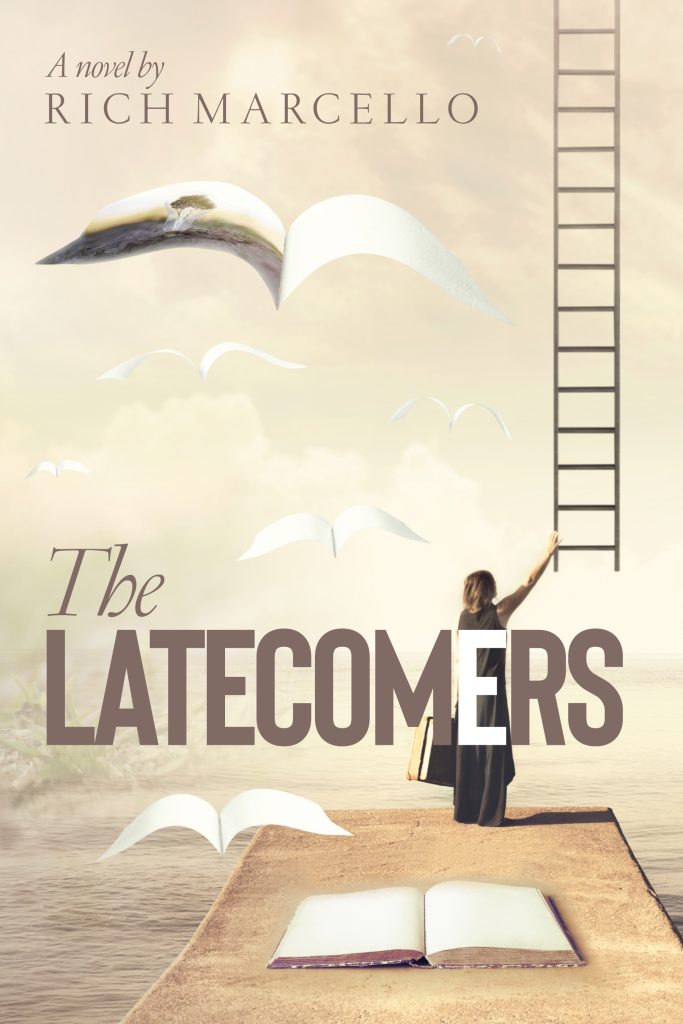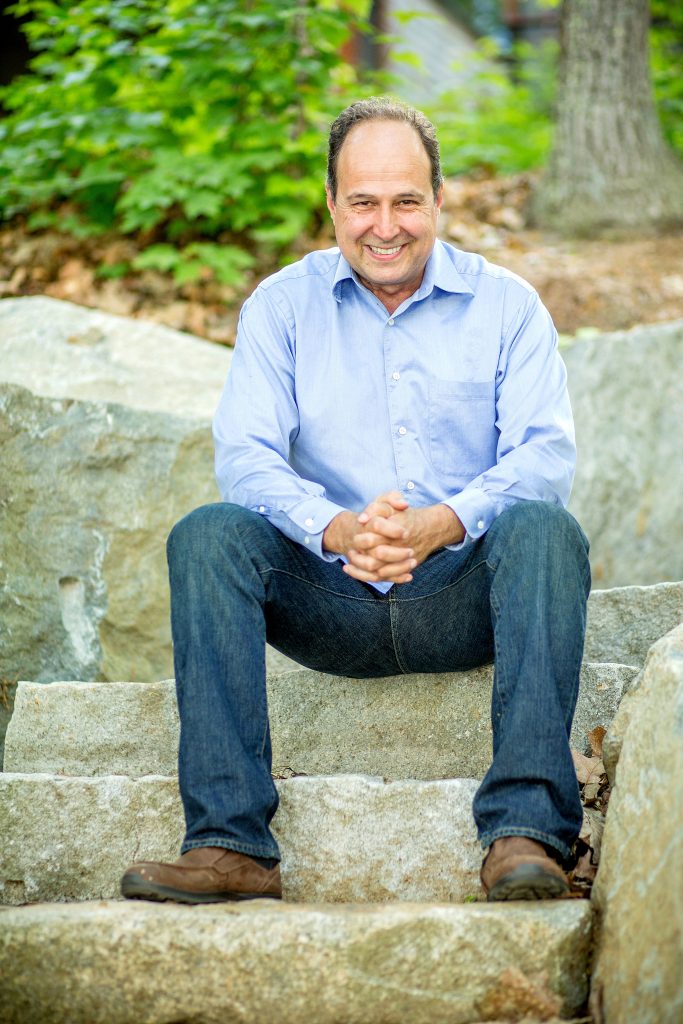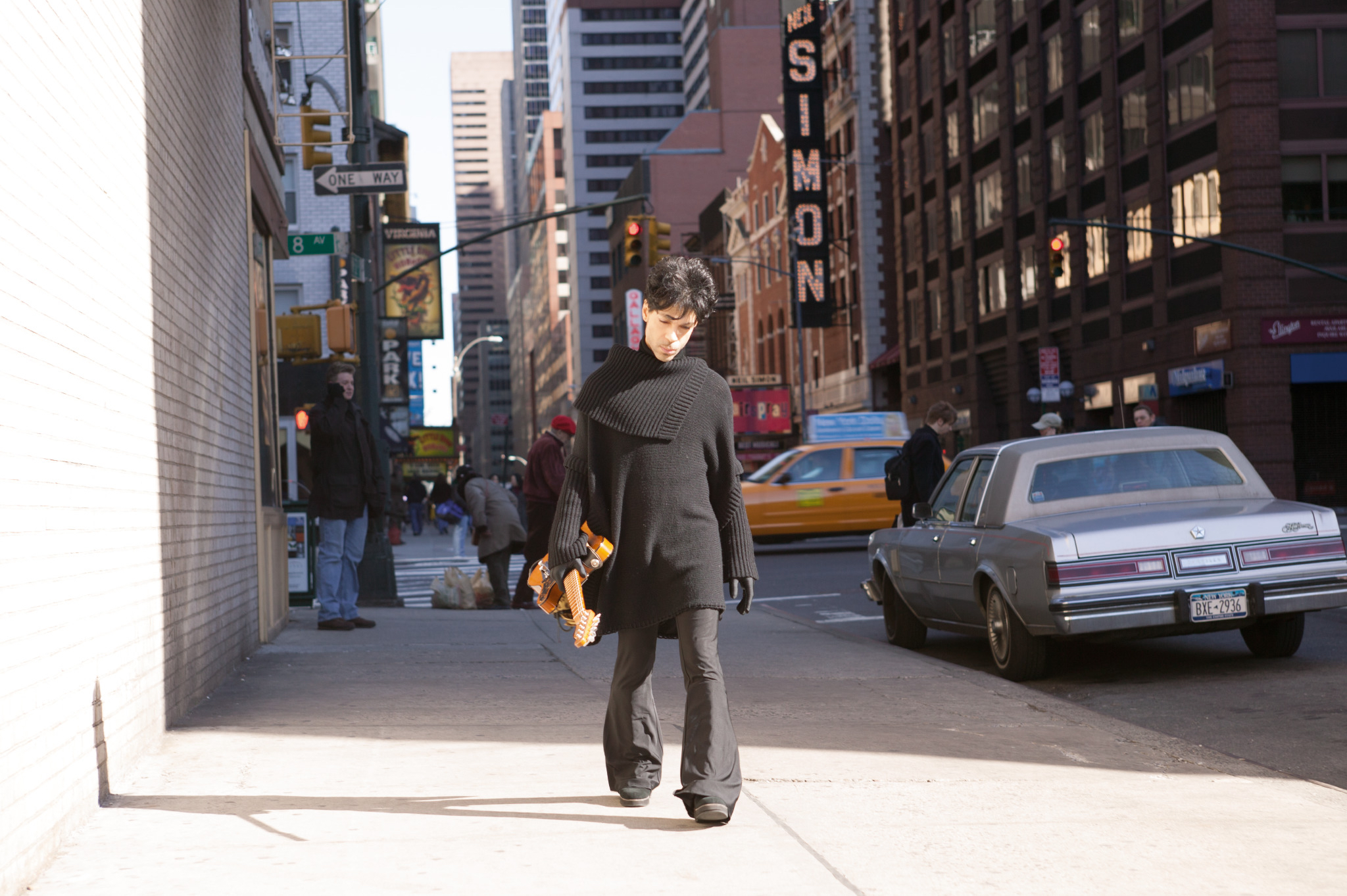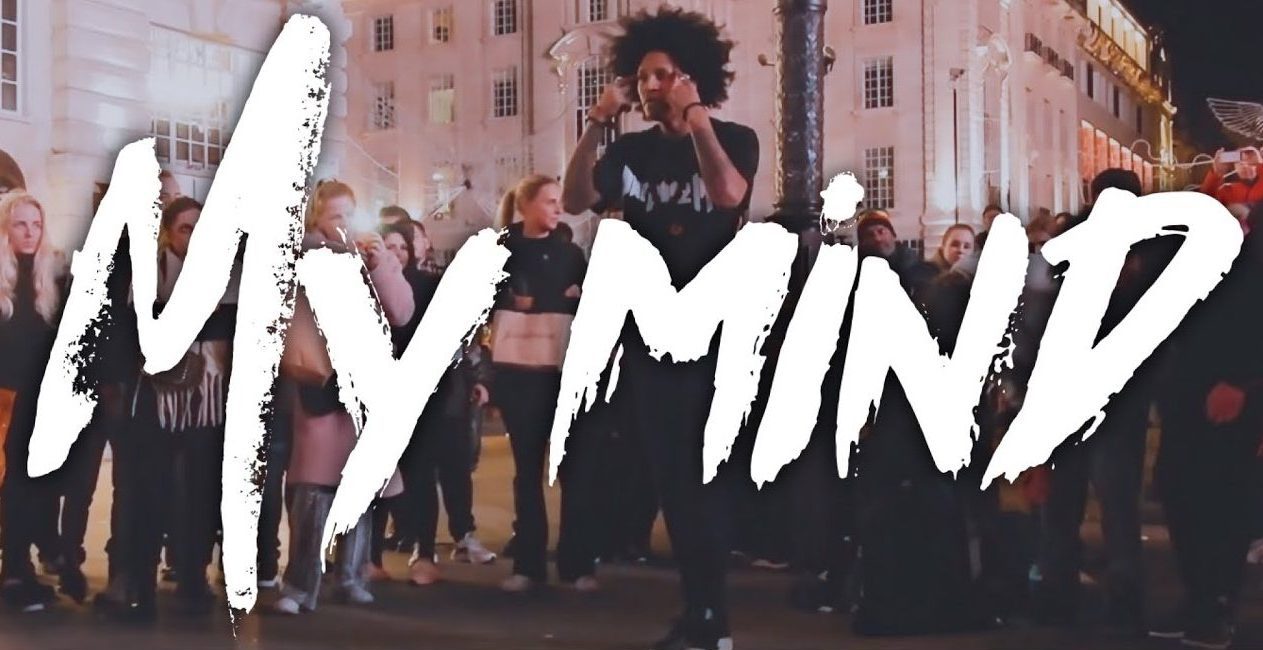
Ageism is the last acceptable prejudice in society and renowned novelist, Rich Marcello, is out to firmly change this in his latest novel The Latecomers. Rich is the author of four novels (The Color of Home, The Big Wide Calm, The Beauty of the Fall, The Latecomers) and the poetry collection The Long Body That Connects Us All. He also teaches creative writing at Seven Bridges’ Writer Collaborative. Rich’s novels are always intelligent, timely and deal with life’s biggest questions including self-discovery, love, loss, and in The Leftovers, aging. Rich urges us to challenge ageism in ourselves and society. The solution to ageism needs all generations to get involved. Age-based prejudices distorts our view of old age, the messages we absorb from society, and the false divide between young and old. The thought-provoking tale also encompasses themes of how a

This interview has been edited for readability, clarity and conciseness.
What was the inspiration that led you to write The Latecomers?
I wanted to write a novel about aging in America, about how I believe our society no longer treats our elders with the respect they deserve or values sufficiently the wisdom they’ve acquired over their lifetimes. Rather than tell a story about a couple in decline, as has been done many times, I decided to tell a story, couched as an adventure, about a couple who find their true destinies in the last third of their lives.
How long did it take you to write?
Three years. Some of my novels, like The Big Wide Calm and the upcoming Cenotaphs came quickly, but this novel took a little longer.
What were you thinking about when you got started? What did you want to achieve?
I was thinking about how many folks I know in their sixties and seventies who are living lives full of meaning and how many are struggling. I wrote The Latecomers for them.
Rich, your novels are always rich with character development. What was the inspiration behind the characters of Maggie and Charlie Latecomer?
Many novels these days contain characters with deep flaws navigating a troubled world. I love these novels and even use some as examples when I teach my students how to explore fully the flaws of their characters. With that said, as I’ve moved into the next stage of my writing career, I’ve found myself more interested in how my characters might rise above the landscape of traditional, contemporary fiction and find their way toward a more enlightened world. They still face many obstacles and have flaws, but in general, the flaws keep them from finding their own wisdom. For this reason, I wanted to start The Latecomers with Maggie and Charlie Latecomer living a life that most of us dream about in old age, and from there, send them on an unexpected journey to what turns out to be a more enlightened place.
Why did you want to tackle the subject of aging, and more specifically aging in a society that in many ways devalues age?
I think it’s arguably the most important topic of our time. Many of the issues we face today––from the climate crisis to gun control to income inequality––would, in my view, be workable if we lived in a society where we drew on the knowledge of our wisest elders.

Would you say the novel is a manifesto against ageism? Why, and what was the catalyst for it?
Yes. I believe we’ve lost our way as a society. We no longer value generational growth the way we once did. We are no longer ensuring a healthy future for our children and our grandchildren. We’re denying science. We’re focusing too much on short term growth and profits. I could go on. While critics of this view could point to the many positives in our society, and they would be right about the point examples, I would challenge readers to ask those close to them this simple question: are we growing wiser as a society? I believe most will say no.
What role does prejudice play in ageism?
I think it plays a role. For me, I’ve committed to a lifelong process of regularly examining the places where I’ve been biased, and I’ve had to deal with my fair share of unseen biases over the years. My hunch is, and it’s one of the reasons I wrote The Latecomers, many folks have not fully examined their views on ageism. I’m hopeful my novel will jump start the conversation for those of my readers interested in exploring ageism more.
Do you think plays a role?
I also wonder if part of where ageism comes from is how our elders are portrayed by the media. In many instances, the elderly are sick, have some form of dementia, or are retired and focused almost exclusively on their families. While I’m a big believer in family and consider focusing on family as one ages a noble choice, I would love to see older people regularly portrayed as vibrantly contributing to society. They could do so in many innovative ways based on a lifetime of experience.
In what ways do you suggest society can value age and wisdom?
Much of the focus in our society is on youth. If you flip through television stations, go to the movies, or thumb through magazines, you’ll find the content is almost exclusively on youth and beauty. So a place to start might be including more folks over fifty in these different mediums and celebrate what they have to offer.
How can we start to challenge ageism and move things forward as individuals?
Listen more to what our elders have learned during their lives by embedding them in almost every aspect of our decision making processes. We could encourage elders to learn more and more as they age and maybe even discourage the use of the word retirement. In some ways, when raising a family and a traditional career is behind someone, it’s an ideal time to focus on learning, wisdom, and passing down what’s been learned to the next generation. Another thing we could do is enhance our mentorship programs by partnering individuals over fifty with young adults starting off in life. Some of this happens in our families, but not everyone has access to well-established family structures.
Does growing older fascinate you, scare you, or something else?
It fascinates me. I’m going through this incredibly creative phase of my life, and I can’t wait to see what comes as I grow older.
Based in the maritimes, we were happy to see that Nova Scotia plays a role in the novel. Why did you choose Nova Scotia?
I love Canada, and I love Nova Scotia. There’s something about the land, the water, and the people of Nova Scotia that makes it feel like home to me. For these reasons, it seemed like the ideal setting for the story.

How did the process of writing this compare to your previous three works?
The process was much the same. I write every morning for four to six hours. I like to write out scenes by hand because it helps me get all of the emotion on the page. I also like to edit by hand once the first pass of a scene is complete. I did lose six months in the middle of this book due to the death of my editor and dear friend.
What do you hope your novel evokes in the reader?
I hope it evokes something meaningful to readers. I’m a big believer in the idea that reading a novel is relational, so what exactly a book like The Latecomers evokes is hard to pinpoint. With that said, I do hope the book makes at least one reader consider how they want to live the last third of their life. As Picasso said, “One starts to get young at the age of sixty.”
What are you working on next?
I’ve already finished my next novel, Cenotaphs, about redemptive love, which will be out next year. And I’m also working on the second Latecomers’ book, In the Seat of Eddas.
The Latecomers is available via Amazon
Find out more about author Rich Marcello visit his official website.
Breakaway Magazine writes thought-provoking stories that transcend boundaries, providing transformative viewpoints on breaking barriers. Through an international readership of millions, every story empowers readers interested in gaining a wider outlook on life through diverse voices. "The magazine reaches millions, connecting with an audience interested in more than just the trend, but the deeper meaning." - Jamee Livingston, Founder/Editor-In-Chief. Read more on our about page.










